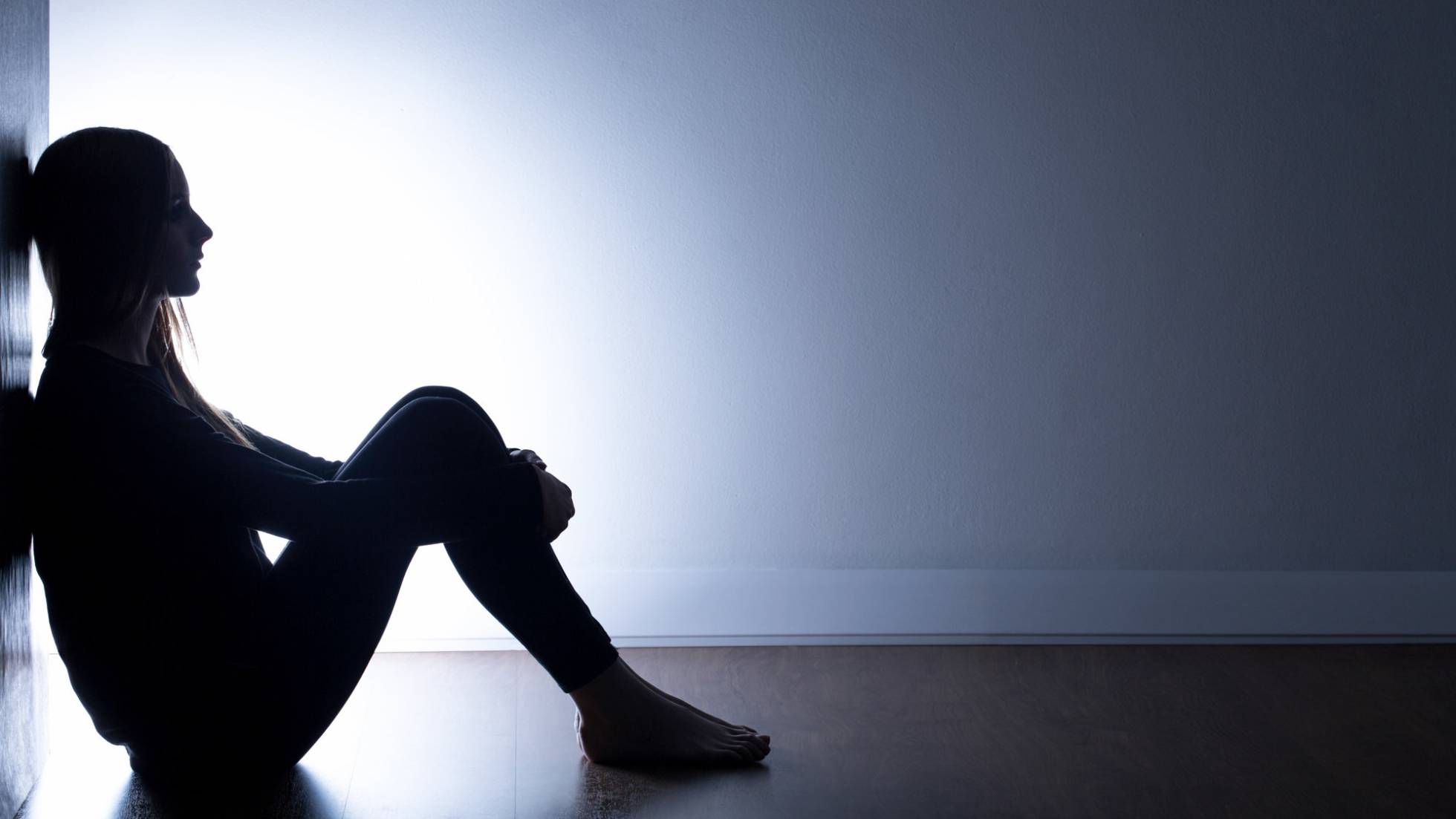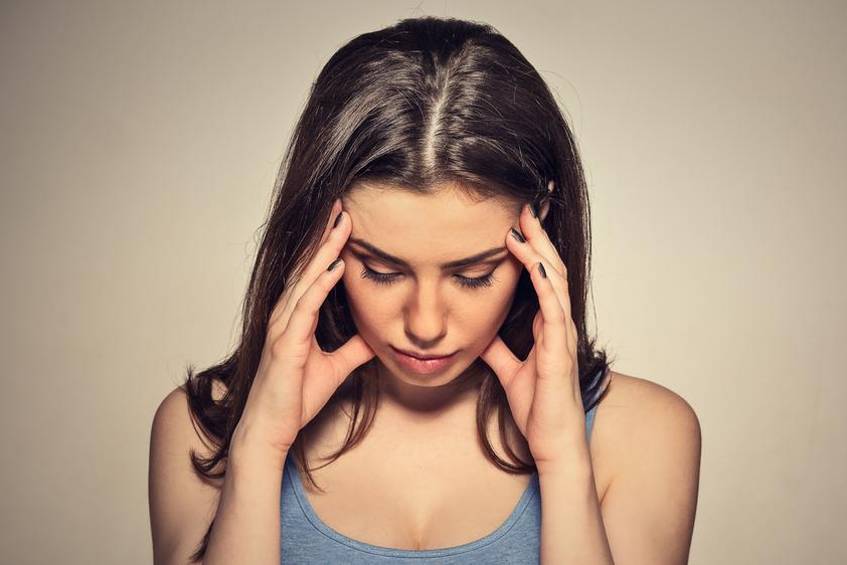Anxiety drugs are extremely tempting, and prescribed to millions of individuals suffering from anxiety and stress. Contrary to popular belief, these drugs aren’t necessarily as harmful as many people believe. They have their problems, but there are those that do benefit from pharmaceutical intervention – especially if they are combining that medication with some type of therapy.
But on their own, medications do have their issues, and in some cases these side effects can be extremely severe. Below, we’ll take a look at common anxiety drug side effects, and discuss the reasons that anxiety medications are often not recommended.
The Main Reason to Avoid Anxiety Medicine
Anxiety medicines do have some severe side effects in some cases. But it’s actually not the side effects that are the reason to try to avoid medications. The main reason is because they can cause physiological and psychological dependence. This is when your body and mind actually start to need to drug to cope with anxiety, so that it becomes even harder to cure the anxiety without medication over time.It’s extremely important to try to avoid falling victim to this type of dependence. Without stress coping tools, these medications can actually set you back in the long run. Take my free 7 minute anxiety test to learn more.
Common Side Effects of Modern Anxiety Medications
Clumping all anxiety drugs together is misleading. Some have more side effects than others, just like some are stronger than others. Benzodiazepines can have some fairly pronounced side effects, while buspirone generally has fewer, but buspirone is also much weaker which is why most doctors prefer to prescribe benzodiazepines.
Even within the benzodiazepine class there are different side effects for different medications. But the most common side effects of anxiety medicines are as follows:
Benzodiazepines (Xanax, Valium, etc.):
- Hypotension (low blood pressure)
- Decreased sex drive/libido
- Nausea
- Lack of coordination
- Disinhibition
- Depression
- Unusual emotional dysfunction, including anger and violence
- Memory loss
- Difficulty thinking
- Decreased IQAntidepressants (SSRIs, SNRIs):
- Sexual dysfunction
- Headache
- Dizziness/drowsiness
- Diarrhea
- Weight loss/gain
Both drugs may also cause what’s known as “paradoxical effects,” where in some cases the person may experience a worsening of symptoms rather than an improvement. In some, this may be more anxiety. In others, this can even be severe suicidal ideation and possibly even action. This is uncommon, but still a serious concern.
Dangerous Side Effects of Anxiety Drugs
Beyond the paradoxical effect of suicidal ideation and increased anxiety, it’s rare for these drugs to show signs of truly dangerous and deadly side effects. But there are some rare cases of very dangerous problems from these medications, including:
- Heart problems, especially in those with possible cardiovascular disease.
- Persistent pulmonary hypertension (possibly fatal lung disease).
- Increased bleeding risk.
- Interactions with other medications.Most of these are related to SSRIs. Benzodiazepines may also cause what’s known as “dependency,” which is when the body adapts to the anxiety drug. Dependency causes two issues. First, the medication will generally stop working (aka, “become tolerated”) which means that you will need to find a replacement medication.Second, weaning off the drug incorrectly can lead to severe withdrawal symptoms.
These withdrawal symptoms are not unlike withdrawing from severe alcoholism, and may lead to increased anxiety, depression, psychosis, seizures, hypersensitivity, and possibly suicide. Gastrointestinal problems and insomnia are also very common. Withdrawal can be extremely dangerous, which is why benzodiazepines often need to be slowly weaned off of over time.Long Term Implications of Anxiety Medication Side Effects
Anxiety drugs may have been given a worse reputation than they deserve. They’re certainly not useless, and while they can cause some severe side effects, they are generally at least mildly well tolerated with most symptoms being distressing, but not terribly severe.
But when you combine the side effect risks with the physiological and psychological dependence risk, and the likelihood that you’ll actually lose even more of your ability to cope with stress in the future if you depend on them, it’s strongly recommended that anxiety medications are used only as a last resort. If you do decide to take a medication, never take it alone – make sure you’re also using long term anxiety reduction strategies as well so that if you stop taking the medication your anxiety doesn’t return stronger than before.I’ve helped many people that have considered or are using medications with their anxiety control. Learn how to stop your own anxiety with my free 7 minute anxiety test.





